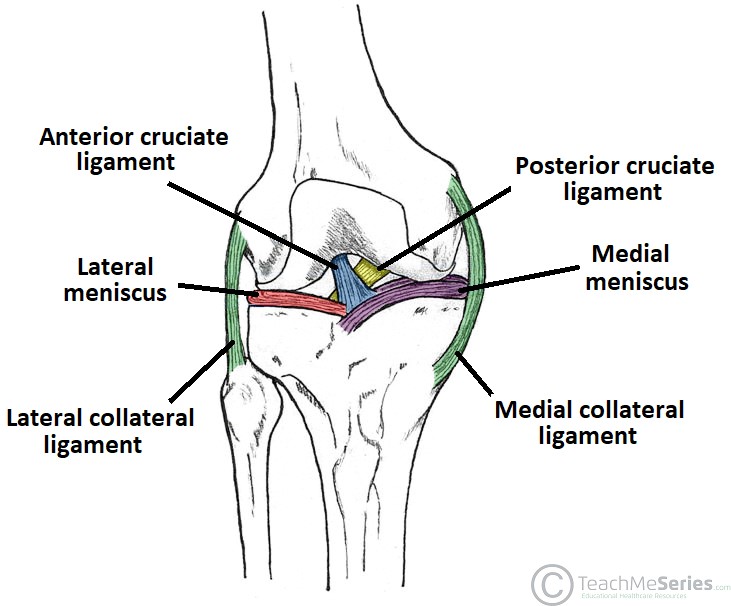What are they?
Ligaments such as the Posterior Cruciate Ligament (PCL) attach bone to bone. The Cruciate Ligaments are in your knee. There are two cruciate ligaments;
- Posterior Cruciate Ligament (PCL)
- Anterior Cruciate Ligament (ACL)
They act to stop your thigh bone (Femur) sliding forward or backward on your shin bone (Tibia)
How do they get injured?
The Cruciate ligaments are very strong, with the PCL being twice as thick as the ACL. This is one of the reasons why PCL injuries are much less common than ACL injuries. The PCL prevents posterior translation of the Tibia on the Femur, so any large force causing this movement may produce an injury. The most common causes of injury are during sports, car accidents or in multi-ligament injury. They commonly occur in dashboard injuries (where the shin hits with a large force on the dashboard of the car) or with hyper extension injuries.
What does it feel like?
Ligament ruptures can be extremely painful and often cause immediate swelling at the injured area. Often people feel or here a ‘pop’ at the time of injury with a feeling of instability. Your physiotherapist or doctor can diagnose a PCL injury with some simple tests as well as rule out other associated problems. If we suspect an PCL rupture you will be referred to a specialist and further investigations may be done such as Magnetic Resonance Imaging (MRI) to confirm the injury. If you have completely torn your PCL you may be recommended a surgical procedure to repair the rupture.
How can Back In Action Physiotherapy help?
One of the most common symptoms of an PCL rupture is loss of full movement and strength in your affected leg. Here at Back in Action Physiotherapy we can work to regain movement with hands on techniques such as mobilisations and massage, and help to maintain and build strength in your leg. You will probably find it difficult to walk on your leg so we will work on getting you back on your feet. We can discuss options with you including conservative rehabilitation and/ or surgery. Strengthening your knee before surgery is also important to ensure the best post- operative outcome. It may take 6-9+ months to be back to normal after this injury.

